Ménage à trois (2012)
Gênero : Documentário
Runtime : 0M
Director : Natalie Pfister, Frank Dominik Haller
Sinopse
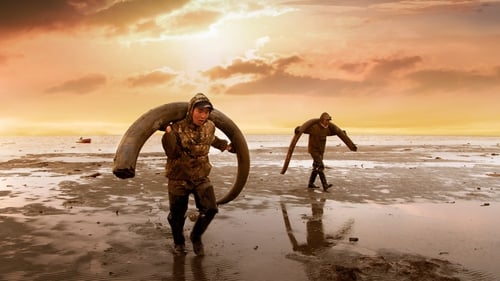
A well-preserved mammoth carcass is found in the remote New Siberian Islands in the Arctic Ocean, opening up the possibility of a world-changing “Jurassic Park” moment in genetics.

A Ópera de Paris está sob nova direção, e se prepara para levantar as cortinas com um novo espetáculo: 'Moisés e Aarão' de Schönberg. Mas o anúncio de uma greve e a chegada de um touro como ator coadjuvante podem complicar as coisas.

A documentary. David Sieveking takes the advice of his idol, David Lynch and tries out Maharishi Mahesh Yogi's transcendental meditation technique.
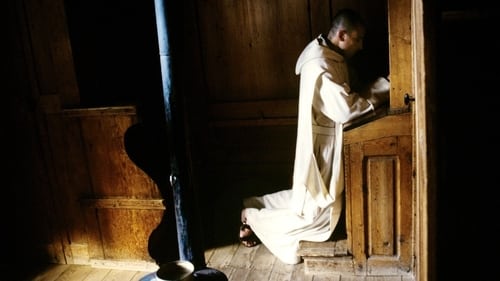
"O Grande Silêncio" é o primeiro filme sobre a vida interior da Grande Chartreuse, casa mãe da Ordem dos Cartuxos, uma meditação silenciosa sobre a vida monástica. Dezessete anos depois de ter pedido autorização para filmar no mosteiro, é dada autorização para entrar ao realizador, que filmará a vida interior dos monges cartuxos. Sem música à exceção dos cânticos do mosteiro, sem entrevistas, nem comentários, ou artifícios. Evocam-se unicamente a passagem do tempo, das estações, os elementos repetidos incessantemente durante o dia ou as orações. Um filme sobre a presença do absoluto e a vida de homens que dedicam a sua existência a Deus. O filme ganhou os Prêmios de Melhor Documentário no Festival de Sundance e nos Prêmios Europeus do Cinema.
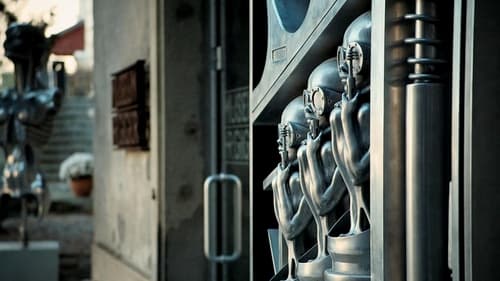
An account of the life and work of Swiss painter, sculptor, architect and designer H. R. Giger (1940-2014), tormented father of creatures as fearsome as they are fascinating, inhabitants of nightmarish biomechanical worlds.
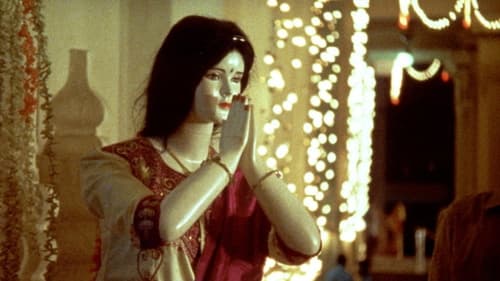
Filmmaker Peter Mettler embarks on a mission that takes him around the world. He is determined to record the diverse modes of transcendence that people in different cultures adopt in order to live life to the fullest. As he traverses civilization and wilderness and encounters a range of lifestyles and ideas, the filmmaker's mind-expanding trip around the world grows into a poem of images and sounds, reflecting the fragmented but alluring worlds it attempts to capture.

A disturbing exploration of what it means to be a man Desert Wind unveils the innermost thoughts of 13 men about their lives and male identity, making a clean sweep of clichés. Their revelations -- a glimpse of the hidden side that few men spontaneously reveal -- are of equal interest for women.

Ceschi and Stamm's documentary tells the incredible story of Monika Krause, a former East German citizen, who became Fidel Castro's Sexual Education Minister. After 20 years in Cuba, Krause set the Cuban sexual revolution in motion: in favor of a woman's right to sexual fulfillment and legal abortion, and against exclusion of homosexuals, she acquired the title "Queen of Condoms". A film about potent female agitators, staunch macho men and Caribbean love lives.
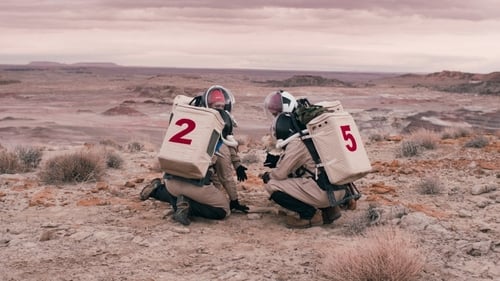
Above and Below is a rough and rhythmic roller coaster ride seating five survivors in their daily hustle through an apocalyptic world. A journey of challenges and beauty in uncomfortable places: Rick & Cindy, Godfather Lalo in the flood channels deep down under the shiny strip of Sin City. Dave in the dry and lonesome Californian desert and April in simulation for a Mars mission in the Utah desert. Through the hustle, the pain and the laughs, we are whisked away to an unfamiliar world, yet quickly discover the souls we encounter are perhaps not that different from our own.
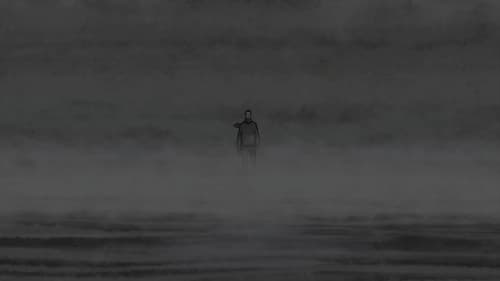
Croácia, 7 de janeiro de 1992. Durante a guerra, o corpo de um jovem jornalista é encontrado com o uniforme de um grupo mercenário internacional. Dezenove anos mais tarde, sua prima Anja Kofmel investiga essa história para tentar compreender o papel dele no conflito.

Os pastores Carole e Pascal se dirigem à Suíça francófona debaixo de neve com três burros, quatro cachorros e 800 ovelhas. Contornam estradas principais, trilhos ferroviários, casas suburbanas e estados industriais, passando por campos e florestas.
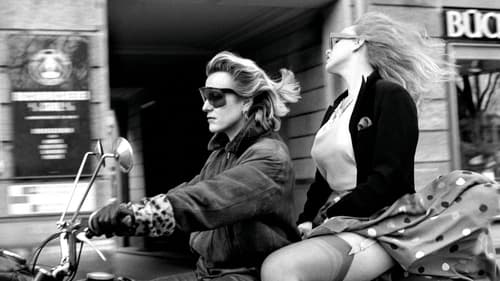
She was a muse, model and performer – a star, dazzling and intense. Lady Shiva managed to rise from street prostitution to the top. She lived in the fast lane and died tragically young. Her dream was to become a singer. With her companions, we trace her life during a vibrant time that kindles a yearning and provokes until today. The story of a woman’s meteoric fate and a great dream. An irrepressible desire for freedom in all its beauty and destructive force - and a stirring friendship and love.

A high-rise apartment built in the 1960s provides housing for 2500 people from 42 nations. Separated from the city by a river and bounded by towering sandstone cliffs, everyone attempts to live and survive in their own way. Foreigners who have a go at being Swiss, and Swiss who observe with scepticism. They meet in the corner shop run by an Iraqi living in exile, send their kids to a children’s club managed by a missionary, and old drinking mates meet regularly over a beer in the neighbourhood’s only bar. Despite all the differences, they are rather proud of the fact that they come from here.

It is winter at an emergency shelter for the homeless in Lausanne. Every night at the door of this little-known basement facility the same entry ritual takes place, resulting in confrontations which can sometimes turn violent. Those on duty at the shelter have the difficult task of “triaging the poor”: the women and children first, then the men. Although the total capacity at the shelter is 100, only 50 “chosen ones” will be admitted inside and granted a warm meal and a bed. The others know it will be a long night.
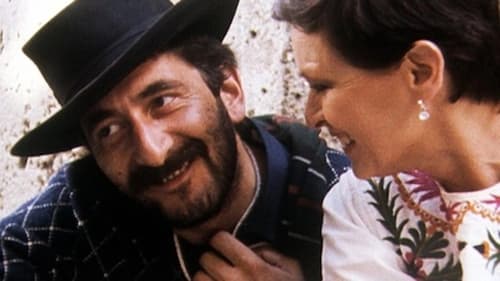
When director Daniel Schmid grew up, his parents ran a hotel in the Alps, and this singular setting was to influence his film. Rather by coincidence he came to Berlin in the early 1960s and became part of the new German wave. Schmid worked with, among others, Wenders and Fassbinder, for example as an actor in Wender’s The American Friend. He met Ingrid Caven, who was to play a diva in several of his films. This is a documentation of a part of modern European film history and a good analysis of artistry and how it corresponds to the individual behind the camera. A wealth of archival footage brings us close to many directors and actors in Schmid’s circle. If you’ve never seen a Daniel Schmid film, you are sure to want to after watching this portrait of his life.

What does a baby's cry have in common with the echo of a mountain yodler, and what connects the head tone of a Tuvin nomad with the stage show of a vocal artist? The answer is: THE VOICE. Against a background of powerful alpine vistas and modern city landscapes, "heimatklänge" enters the wondrous sonic world of three exceptional Swiss vocal artists. Their universe of sound extends far beyond what we would describe as singing. In their engagement with local and foreign traditions, the powerful mountain landscape becomes a stage as do the landscapes and sonic backdrops of modern life.

Delphine Seyrig, an extraordinary woman and actress, died on October 15, 1990. From "Last Year at Marienbad" by Alain Resnais to "India Song" by Marguerite Duras, she played in 34 films for cinema, 13 films for television and 33 plays. Jacqueline Veuve, filmmaker and friend of Delphine Seyrig, wanted to break the silence that has fallen on her memory by making a documentary that traces with emotion and subjectivity the life of the mythical actress, the fierce feminist but also the simple friend.
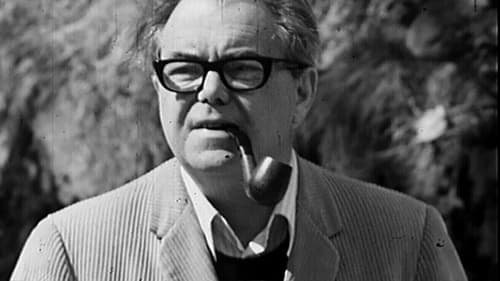
Max Frisch foi o último grande intelectual suíço amplamente respeitado como "voz pública". O filme conta a história de Frisch como testemunha do século XX, pergunta-se se ainda são necessárias essas "vozes" e se é possível prescindir delas.

Kick That Habit is a 1989 film by PETER LIECHTI, an audio-visual portrait of his native country, eastern Switzerland. The film collects samples from the land-and-soundscape, underscoring in the process the oft-ignored industrial underpinning of our latter-day culture. Also native to eastern Switzerland is VOICE CRACK, the everyday household electronics duo of NORBERT MOSLANG and ANDY GUHL, whose musical workings are explored as part of Liechti s vision. Whether clicking quietly and rhythmically or humming and shrieking at ear-splitting volume, their recycled electronics produce innovative sounds and provide an appropriate accompaniment in this cinematic search for the detritus of our culture, the lost and destroyed remains of the last century of progress.

Between 1947 and 1951, more than 80 000 Greek men, women and children were deported to the isle of Makronissos (Greece) in reeducation camps created to ‘fight the spread of Communism’. Among those exiles were a number of writers and poets, including Yannis Ritsos and Tassos Livaditis. Despite the deprivation and torture, they managed to write poems which describe the struggle for survival in this world of internment. These texts, some of them buried in the camps, were later found. «Like Lions of stone at the gateway of night» blends these poetic writings with the reeducation propaganda speeches constantly piped through the camps’ loudspeakers. Long tracking shots take us on a trance-like journey through the camp ruins, interrupted along the way by segments from photographic archives. A cinematic essay, which revives the memory of forgotten ruins and a battle lost.



















